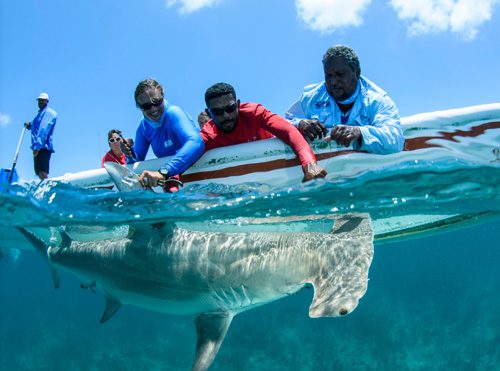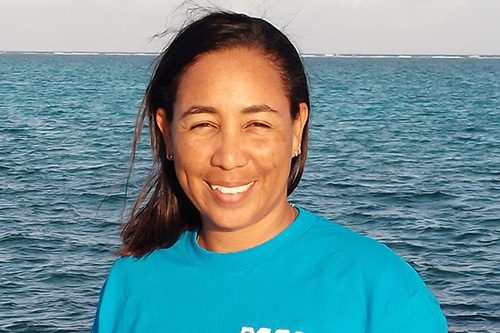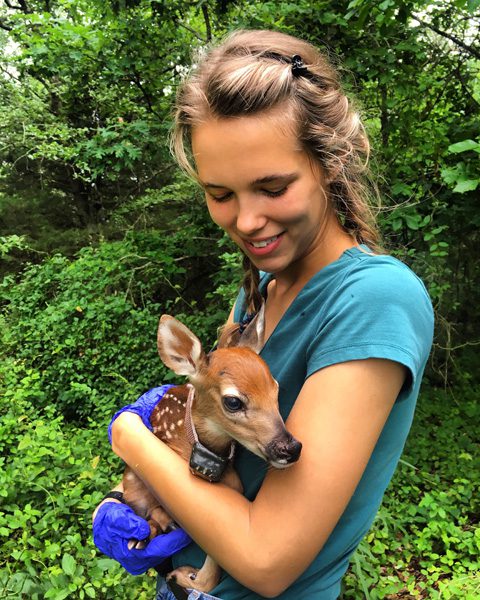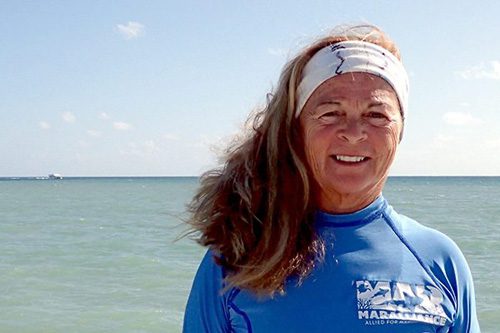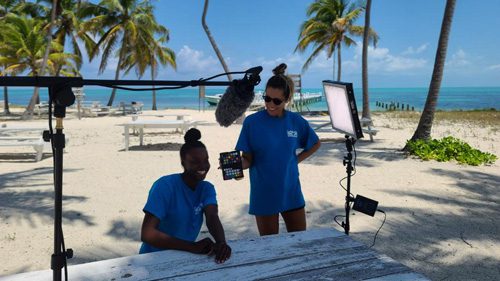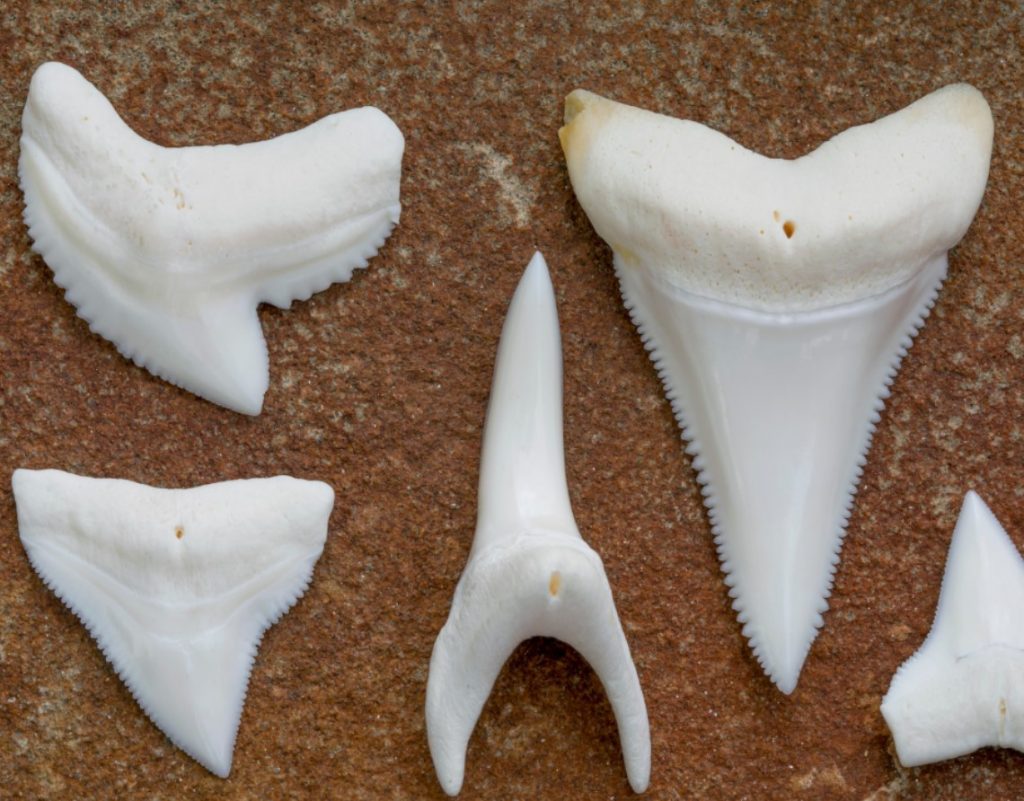The International Day of Women and Girls in Science, celebrated on February 11th, recognizes the crucial role of women and girls in the field of science and technology. Despite progress in higher education, there is still a significant gender gap in STEM disciplines, with only 35% of students enrolled in STEM-related fields and 28% of researchers being female, according to UNESCO.
Conservation, a complex field that requires diverse skills and perspectives, has also traditionally been male-dominated. However, the tide is turning as more women enter the field and make valuable contributions to research and innovative conservation strategies. Women scientists are at the forefront of cutting-edge research that sheds light on the relationship between humans and ecosystems.
Women in conservation also provide vital mentorship to the next generation of female conservationists, acting as role models and offering support and guidance. At MarAlliance, we strive to lead by example and believe in promoting diversity and inclusiveness to inspire more women and girls to pursue careers in conservation.
This is why today we invite you to meet our inspiring and diverse women-led team and read the advice they have for young women and girls who want to pursue a career in conservation.
Dr. Rachel Graham – Founder and Executive Director
Fascinated with the sea from the early days growing up in Tunisia, Dr. Rachel Graham was drawn to the fields of research, environment and development in Latin America, Africa and Micronesia.
For the past 30 years, she has worked with traditional fishers and sectoral partners in several tropical countries to identify and implement win-win solutions that balance coastal community well-being with sustainable resource use and the conservation of threatened marine wildlife and their critical habitats. In 2014, she founded MarAlliance to promote impactful and inclusive grassroots science and conservation of marine wildlife.
What inspires you about working in conservation?
“Growing a global cohort of shark research and conservation practitioners who value science and inclusivity and establishing methods and processes that enable the long-term rebuilding of fish populations, inspires me in my work.”
What advice would you give to women and girls who want to pursue a career in conservation?
“Nurture your curiosity, it will lead you to discovery, innovation and purpose. Build support structures that enable you to grow professionally and personally during your research and conservation journey and help you to build resilience and weather challenges. Uplift others and help them to shine. We need all hands on deck to meet the current and coming conservation challenges.”
Kirah Forman-Castillo – National Coordinator, Belize
What advice would you give to women and girls who want to pursue a career in conservation?
“I recall my first job as a young biologist fresh out of school. I found myself on a remote island, being the only female amongst five men. I could see it in their faces that they didn’t believe I would make it. 20 years later, I still remember feeling scared and intimidated, but I also knew I could do it. So, with strong determination and by standing my ground with the guys, I made it.
The best thing about the conservation field is that it never gets boring. There is always something new and exciting, and it constantly challenges you to be your best.”
Malena Sarlo – National Coordinator, Panama
What advice would you give to women and girls who want to pursue a career in conservation?
“I entered the field of conservation through my background as a scientist. Working in conservation can take many forms, so regardless of the path you choose, it’s important to have a passion for nature and to deeply believe in the mission to save the planet. If you pursue a career as a field scientist, you need to be comfortable working outdoors, able to handle risky situations in the field, comfortable with uncertainty, and able to work with people from different backgrounds and perspectives. I believe that conservation decisions should be based on the best available science, including the social sciences.
There is so much more to learn and be inspired by in nature, but critical and pressing decisions need to be made to protect biodiversity and maintain the ecological processes that are crucial to our survival. Science plays a vital role in overcoming the challenges we face as humanity.”
Ivy Baremore – Technical Coordinator
What advice would you give to women and girls who want to pursue a career in conservation?
“My background is in fisheries science, and I have worked for the US government for over 10 years. Now, I have spent almost the same amount of time in conservation with MarAlliance, where I help coordinate data collection across multiple countries.
I would advise seeking out mentorships with people who inspire you, especially those who understand your career path. These people can help guide you towards opportunities that you may not have found otherwise. Don’t rush into graduate school until you have a clear understanding of what kind of career you want, but don’t be afraid to change your mind based on your experiences.”
Clara Sabal – Research Officer
What advice would you give to women and girls who want to pursue a career in conservation?
“I initially studied Marine Biology without realizing it would lead me to conservation, but taking advantage of opportunities presented to me brought me down this path and I don’t regret it at all. Knowing that I am contributing to restoring and protecting wildlife in my country inspires me to continue my work and advance my career.
Being adaptable and able to adjust to changing situations is crucial for building a career in conservation, especially when working in the field. Look within your community and identify what conservation or environmental needs you can help with, or what organizations you can volunteer for to gain an introduction to conservation and determine whether it is a career path you want to pursue. Understanding your interests and dislikes is an important step in pursuing your passion. Developing social skills is also important as working in conservation often takes you out of your comfort zone and into unfamiliar communities, but building relationships within these communities and with others ensures that conservation is sustainable.”
Ellen Emrich – Development Coordinator
What advice would you give to women and girls who want to pursue a career in conservation?
“My passion for conservation stems from my love of wildlife and the great outdoors. As a Development Coordinator, I have the opportunity to share the stories of conservation efforts and help secure funding for these initiatives. My advice to women and girls pursuing a career in conservation is to have patience, persistence, and a deep passion for the cause. Additionally, it’s important to have a clear personal philosophy when facing challenges and driving change. Continue to work towards your goals and empower others to join you in the effort.”
Hellene Hesse – Financial Controller
What advice would you give to women and girls who want to pursue a career in conservation?
“As a Financial Controller, I play a crucial role in ensuring the financial stability and growth of conservation organizations. If you have a background in finance and are passionate about the loss of biodiversity, the impacts of climate change, and preserving our planet, then a career in conservation may be for you. The conservation sector requires innovative financing models to advance nature-based solutions, and there is a great need for individuals with finance skills to join the cause. So, if you want to make a real impact, consider a career in conservation finance.”
Mireia Peris – Communications and Marketing Coordinator
What advice would you give to women and girls who want to pursue a career in conservation?
“My journey in conservation began with a shift from psychology to scientific communications and marketing. At first, breaking into the conservation world and finding my place in communications felt challenging, but I persevered. Nowadays, conservation organizations need people with strong storytelling, graphic design, and marketing skills. If you’re interested in pursuing a career in communications and outreach in the conservation sector, don’t be intimidated. Focus on your goals and continue to develop your skills by attending scientific events, courses, and applying for internships in the field. Surround yourself with like-minded individuals who will inspire and challenge you to tackle the pressing issues facing the conservation sector.”

Anne-Marie McNeil – Expeditions Coordinator
What advice would you give to women and girls who want to pursue a career in conservation?
“Follow your passion and see where it takes you. Pursuing a college or university degree in a related field will provide you with the knowledge and tools necessary to succeed in the conservation field. As an Expeditions Coordinator, it’s important to be a good team player and support colleagues and younger individuals who are just starting out. Share your passion for conservation with others and continue to strive towards your goals.”
You can check everyone’s bios in detail and get to know our amazing team better by clicking here.
